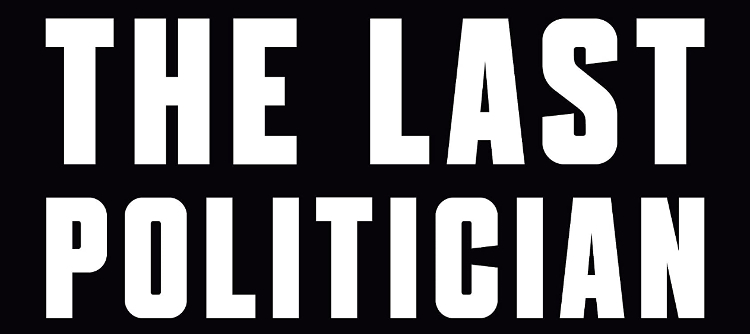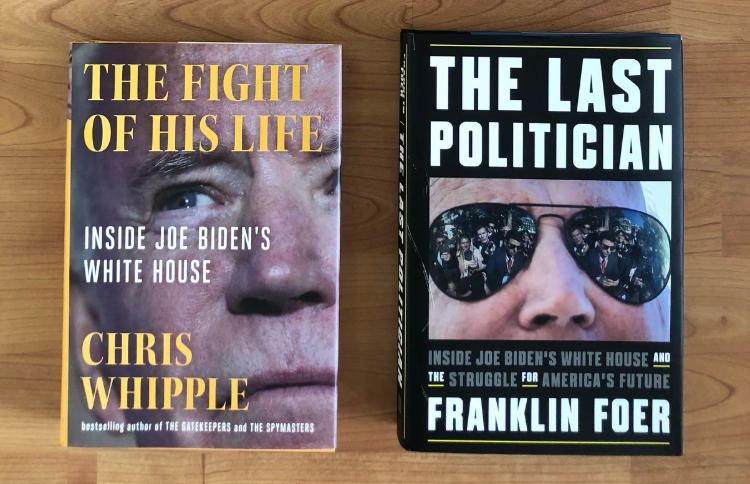
The Last Politician: Inside Joe Biden’s White House and the Struggle for America’s Future, by Franklin Foer of The Atlantic magazine, is the third book on President Biden’s administration, after The Fight of His Life (by Chris Whipple) and Peril (by Bob Woodward and Robert Costa). Whipple had higher-level access than Foer, though with some restrictions: he interviewed Biden and Vice President Kamala Harris, but only via email. Foer wasn’t granted on-the-record interviews, though he did speak to almost 300 people in the administration and, unlike Whipple, his account doesn’t seem overreliant on some sources at the expense of others.
Foer writes that he was initially critical of Biden: “I began this project sharing the Washington establishment’s skepticism of the man.” His opinion evolved during the research for the book and, like Whipple’s, his assessment became broadly positive: “as I reported on him at close distance... my respect for him grew.” Also like Whipple, Foer reserves his harshest criticism for Biden’s plan to withdraw from Afghanistan, describing it as “the decision that scarred his legacy.” (Whereas The Fight for His Life and Peril focus on the decision to withdraw, The Last Politician has more coverage of the evacuation itself.)
Foer writes that he was initially critical of Biden: “I began this project sharing the Washington establishment’s skepticism of the man.” His opinion evolved during the research for the book and, like Whipple’s, his assessment became broadly positive: “as I reported on him at close distance... my respect for him grew.” Also like Whipple, Foer reserves his harshest criticism for Biden’s plan to withdraw from Afghanistan, describing it as “the decision that scarred his legacy.” (Whereas The Fight for His Life and Peril focus on the decision to withdraw, The Last Politician has more coverage of the evacuation itself.)

After his first year in office, Biden’s reputation seemed tarnished: “his messy presidency looked like it would be best remembered for its failures — a disastrous withdrawal from Afghanistan, the humiliating collapse of his Build Back Better legislation, and the rise of inflation.” But the Inflation Reduction Act, and his public support for Volodymyr Zelensky, turned his presidency around: “redemption — and a profound legacy — came unexpectedly, splayed across the second half of his second year, as he orchestrated the most fertile season of legislation in memory and rallied the world to Ukraine’s defense.”
Biden’s personal relationship with Zelenksy was, at least initially, one of mutual suspicion, and he accused the Ukrainian President of irresponsibly seeking to provoke World War III. His feelings about Russian President Vladimir Putin are well documented, and Foer quotes him telling a friend that Putin slouched like an “asshole schoolkid” during bilateral meetings.
Biden’s personal relationship with Zelenksy was, at least initially, one of mutual suspicion, and he accused the Ukrainian President of irresponsibly seeking to provoke World War III. His feelings about Russian President Vladimir Putin are well documented, and Foer quotes him telling a friend that Putin slouched like an “asshole schoolkid” during bilateral meetings.

